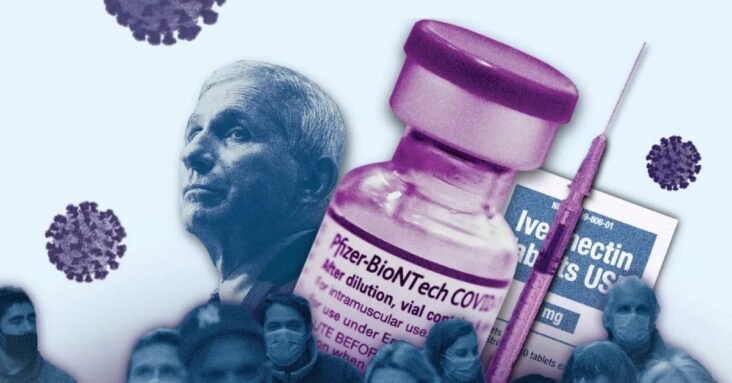
COVID-19 in 2023 has been full of revelations and controversy.
Most health leaders involved in the U.S. pandemic response have resigned or been replaced, with one leaving his agency with a study that received much fanfare for a somewhat controversial take on vaccines.
Compared to 2022, the science on the effectiveness and risks of masking and vaccinations has become increasingly clear with the release of highly authoritative studies this year.
1. FDA and CDC Find More COVID Vaccine Adverse Events, Including Stroke
Beginning in January, documents released under the Freedom of Information Act (FOIA) found that the U.S. Centers for Disease Control and Prevention (CDC) detected hundreds of safety signals for Pfizer and Moderna COVID-19 vaccines. This included adverse reactions of myocarditis, multisystem inflammatory syndrome in children (MIS-C), ventricle dysfunctions in the heart, and many more.
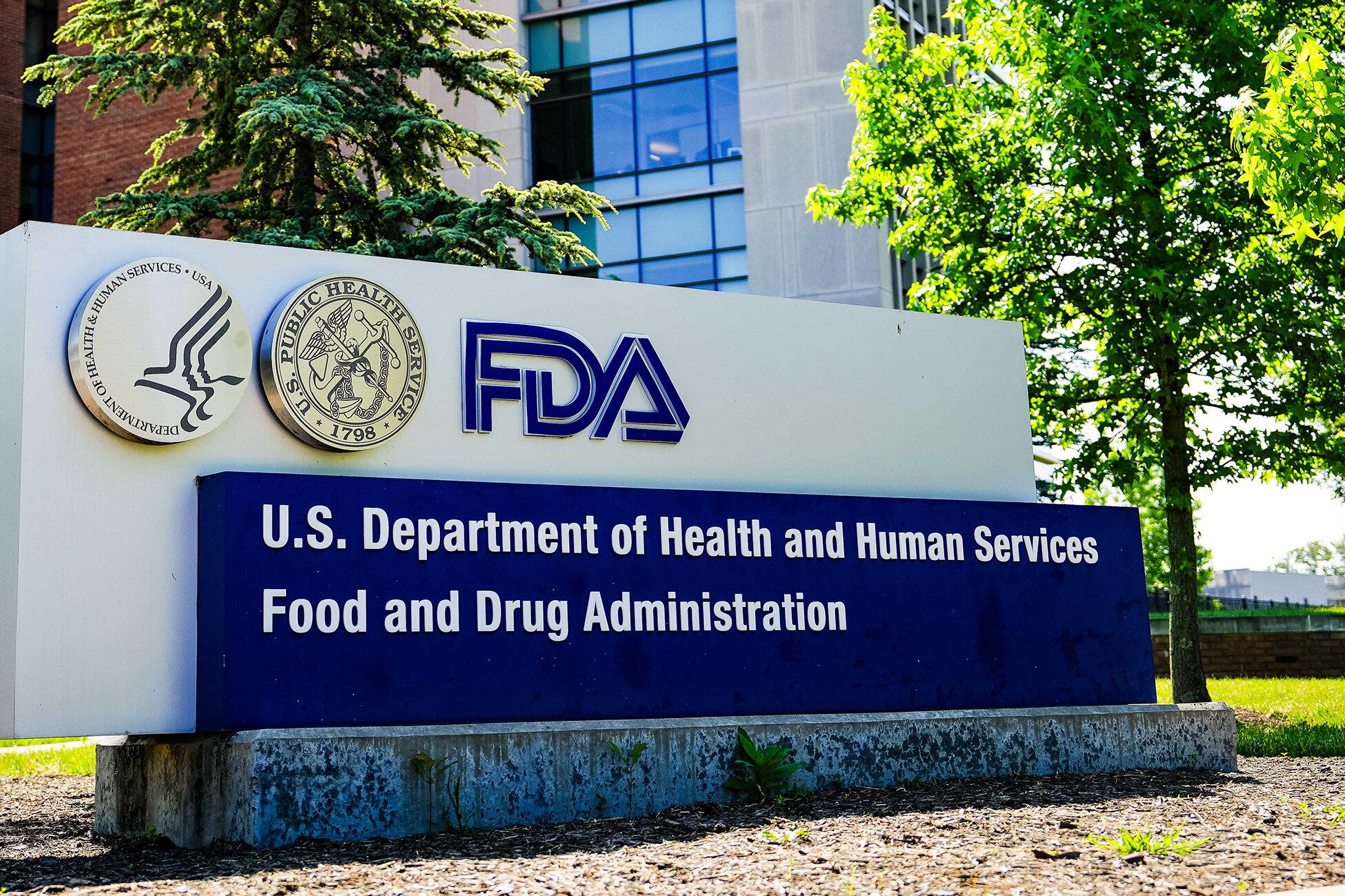
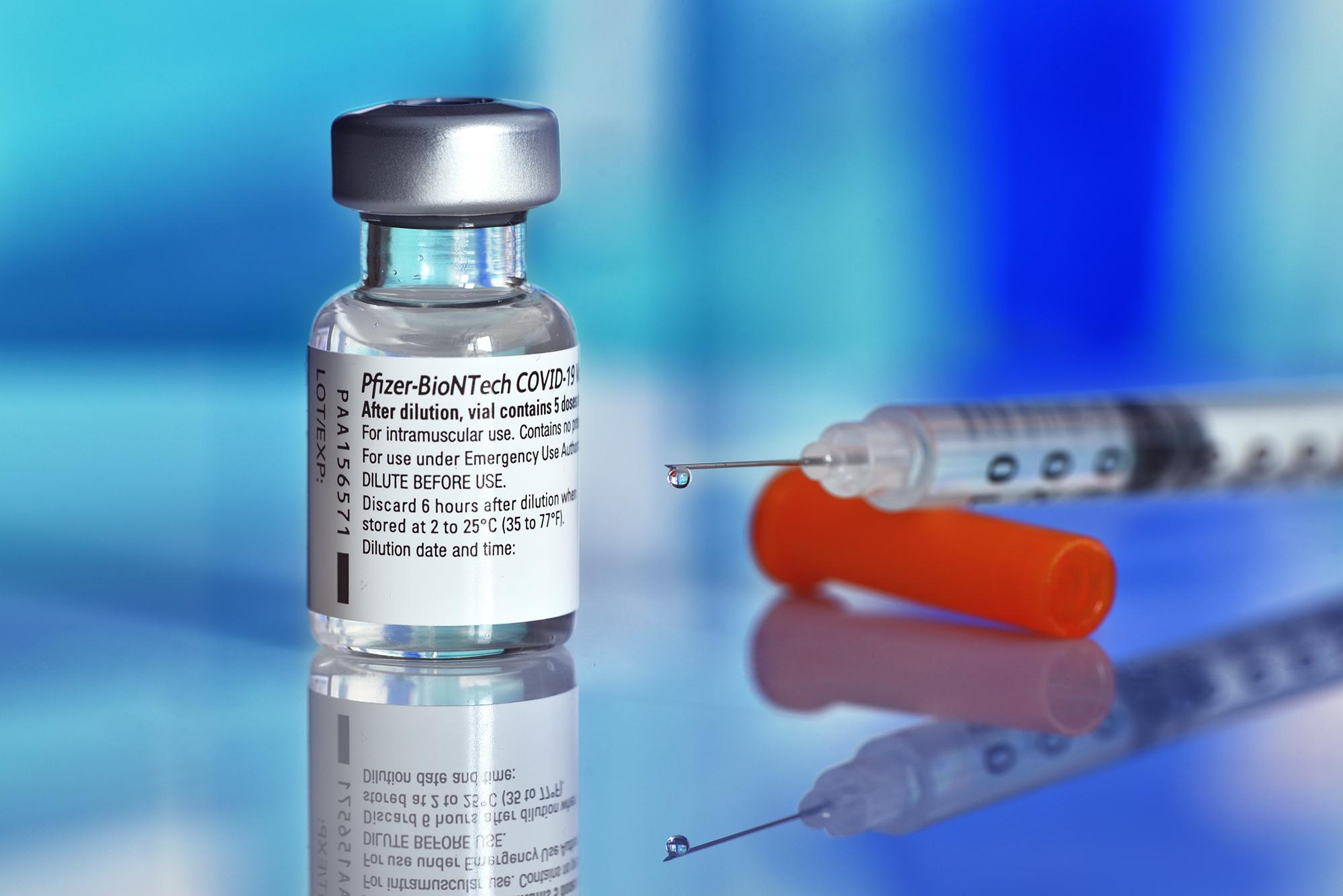
2. Vaccines Cannot ‘Effectively’ Control COVID: Fauci After Resigning
The resignation of Dr. Anthony Fauci, former director of the National Institute of Allergy and Infectious Diseases (NIAID), was noteworthy given his role in leading the United States pandemic response and his actions soon after resigning.
Dr. Fauci was very vocal in encouraging vaccine uptake and regularly appeared on television programs motivating people to get vaccinated.
“SARS-CoV-2, endemic coronaviruses, RSV, and many other ‘common cold’ viruses … have not to date been effectively controlled by licensed or experimental vaccines,” the authors wrote in their introduction.

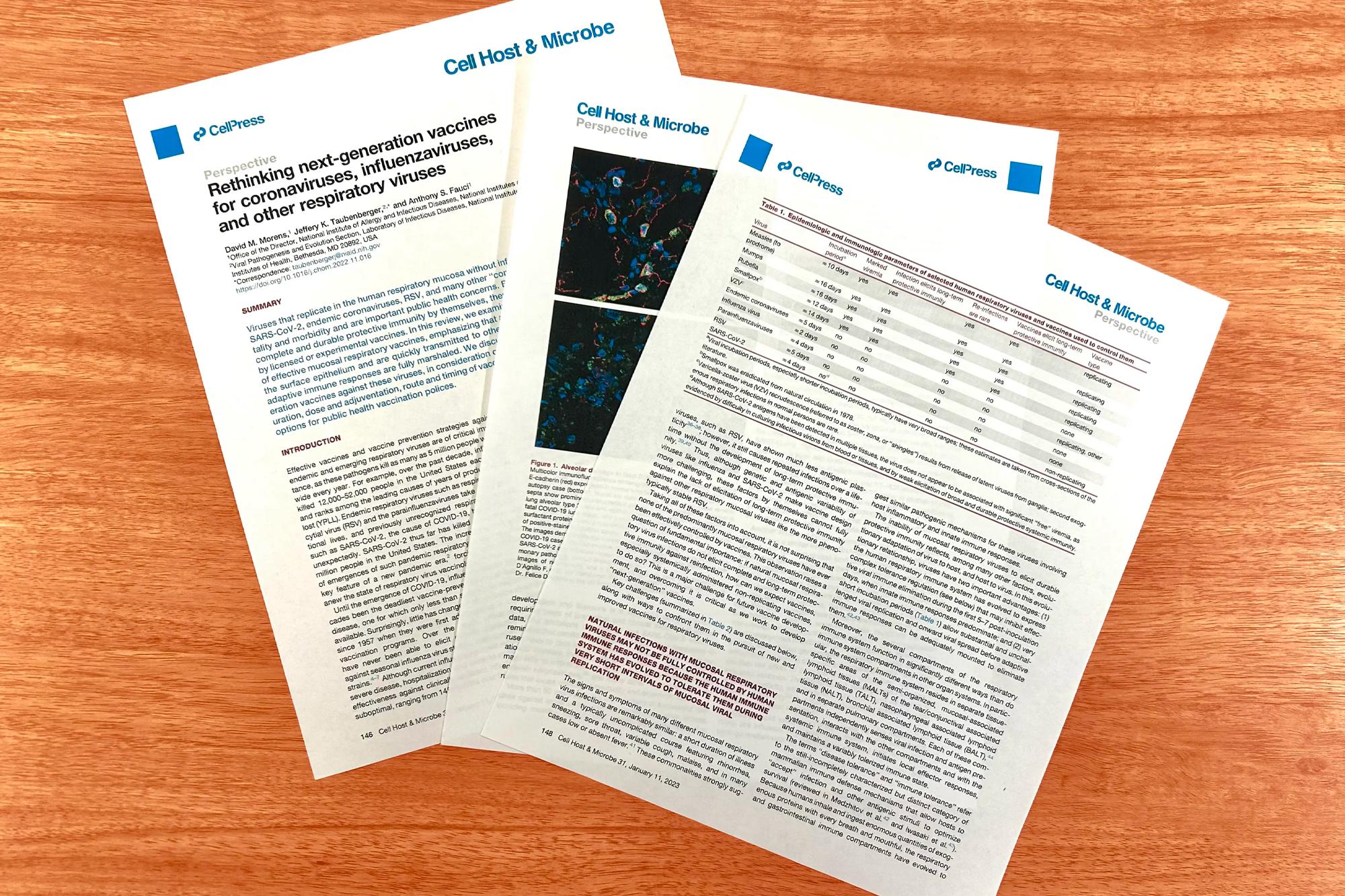
They then addressed some basic immune principles, expressing that the current vaccines induce immunity in the body but not in the airways, yet current respiratory viruses primarily infect the airways.
“The vaccines for these two very different viruses (influenza and SARS-CoV-2 viruses) … have common characteristics: they elicit incomplete and short-lived protection against evolving virus variants that escape population immunity,” the authors wrote.
3. Gold Standard Review Finds Evidence of Masking ‘Uncertain’
The Cochrane Library, widely considered the gold standard for systematic reviews, published a review on Jan. 30 stating there was “uncertainty about the effects of face masks.”
“The low to moderate certainty of evidence means our confidence in the effect estimate is limited, and that the true effect may be different from the observed estimate of the effect,” the authors concluded, adding that “pooled results of [randomized controlled trials] did not show a clear reduction in respiratory viral infection with the use of medical/surgical masks.”
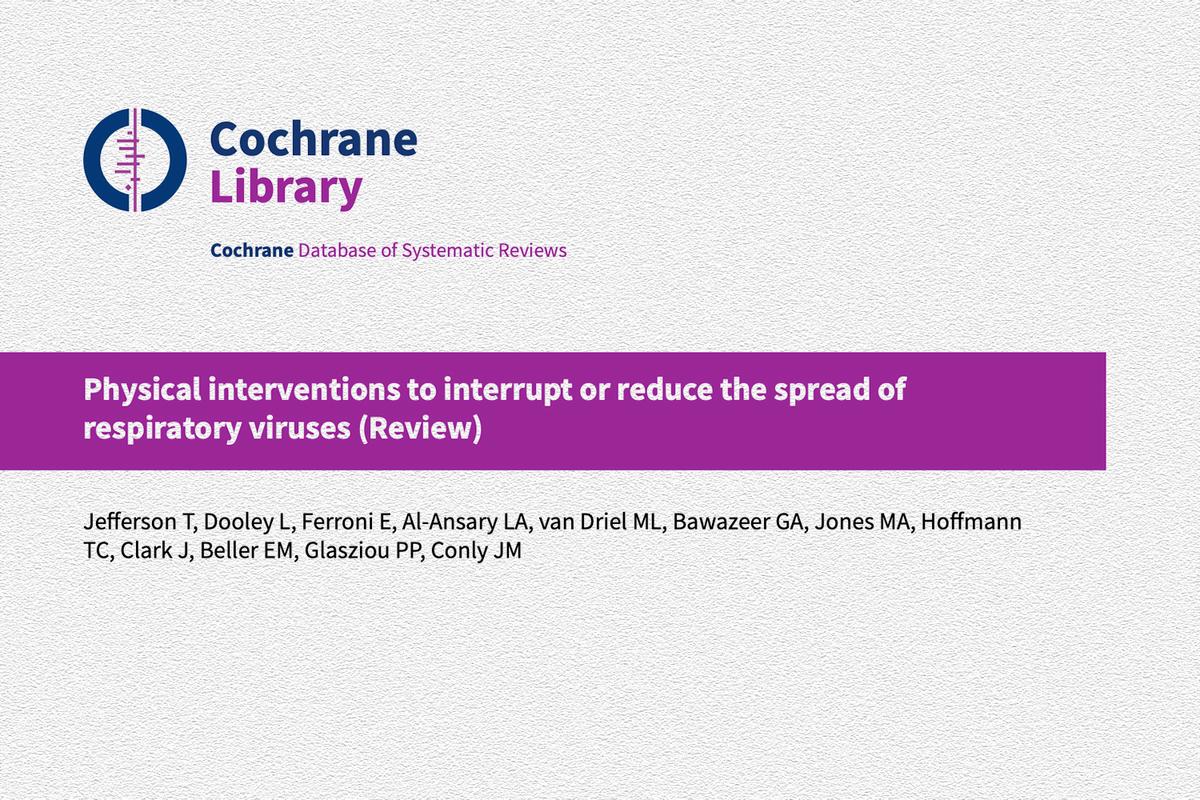
“Many commentators have claimed that a recently-updated Cochrane Review shows that ‘masks don’t work’, which is an inaccurate and misleading interpretation,” Dr. Soares-Weiser wrote.
“It would be accurate to say that … the results were inconclusive.”
Currently, the CDC still recommends masking.
4. Repeated Vaccination Weakens the Immune System, Studies Suggest
Multiple doses of the Pfizer or Moderna COVID-19 vaccines lead to higher levels of antibodies called IgG4. A growing body of research suggests that these antibodies can make the immune system less reactive to COVID-19 spike proteins and more susceptible to potential spike protein damage and infections.
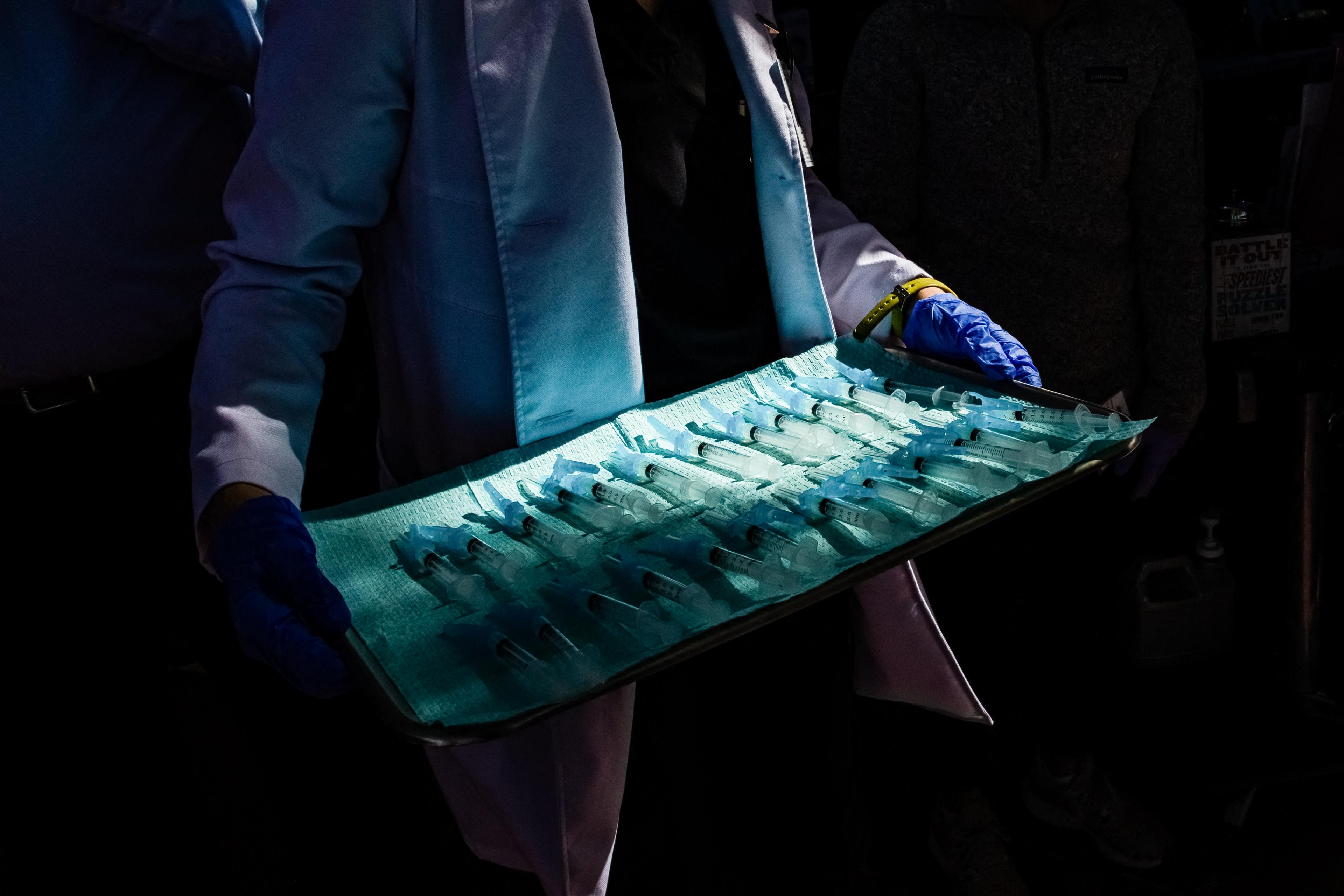
5. DNA Contamination Detected in mRNA Vaccines, and FDA’s Response
In the spring of 2023, researchers found that mRNA COVID-19 vaccines contain DNA fragments, including controversial SV40 genes, previously undisclosed to the public.
Genetic scientist Kevin McKernan initially discovered that DNA fragments were packaged into lipid nanoparticles with the mRNA vaccine segments so that the DNA could enter cells. However, this means the fragments pose a risk of being integrated into the cell’s genome.
Furthermore, Pfizer’s mRNA vaccines contained genes from the simian vacuolating virus 40, also known as SV40. The full SV40 virus had a controversial link to cancer stemming from the time when early polio vaccines were accidentally contaminated with the SV40 virus.
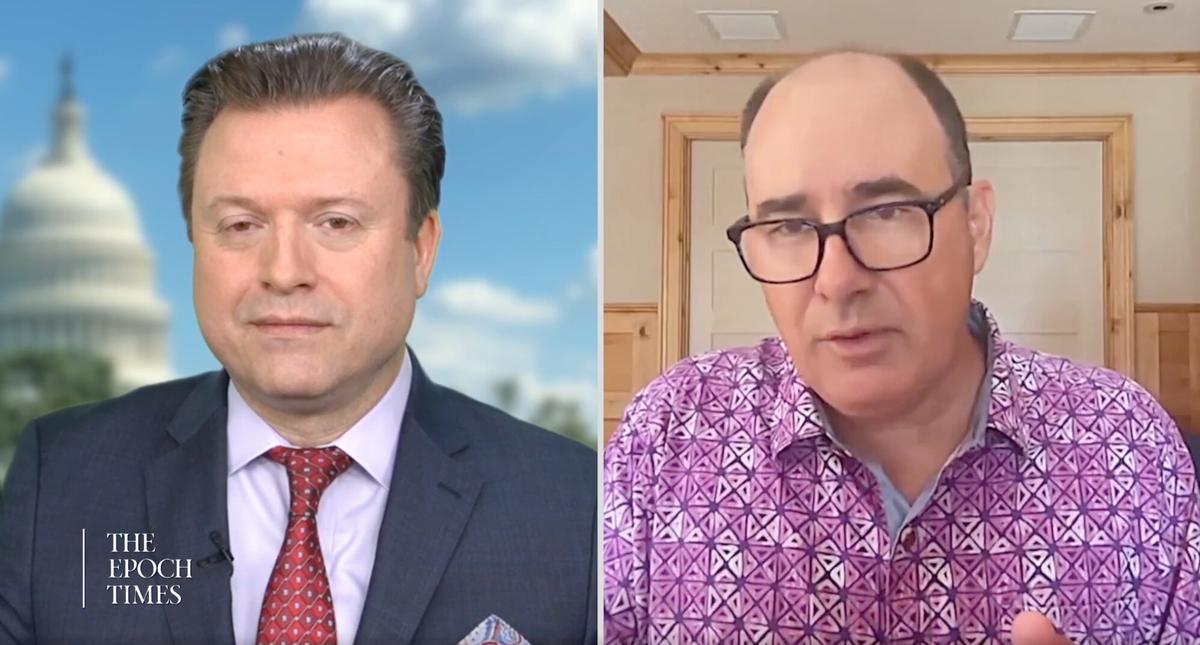
Apart from being a safety concern, the DNA fragments also indicated potential problems with drug regulation, Mr. McKernan said.
Initially, Pfizer intended to make its vaccines using a PCR machine, which would have been more expensive and time-consuming. However, the company later switched to using bacteria, likely because that method is faster and more efficient.
Pfizer never tested for the safety implications this change would have.
“They never ran the clinical trials on that material [bacteria]. Clinical trials were run on this PCR process, and then they switched to a new process after the clinical trials,” Mr. McKernan said.
Health practitioners, researchers, and journalists have expressed concern about the unknown risks that DNA contamination may present to the public. Some have called for the recall of Pfizer vaccines.
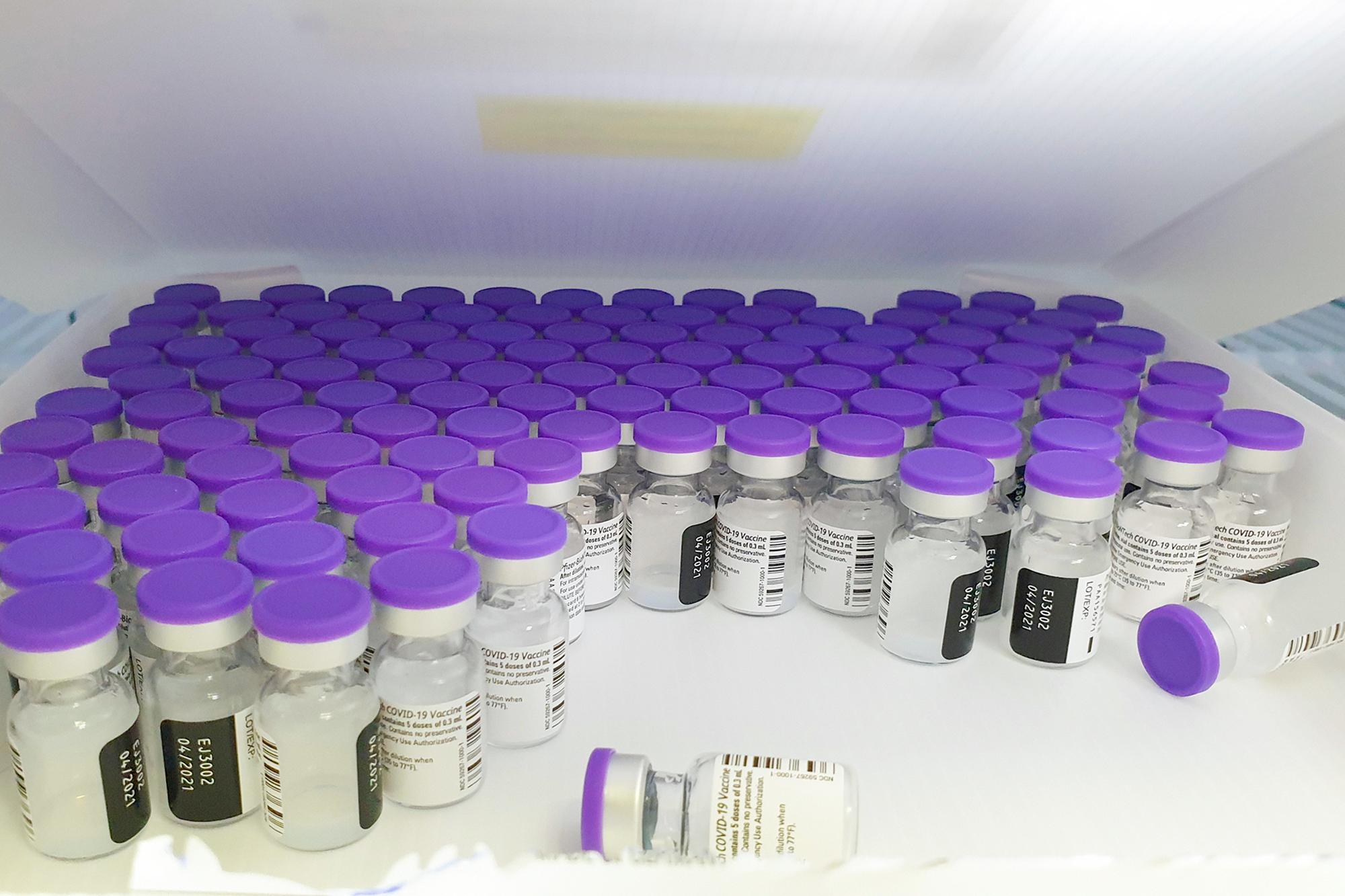
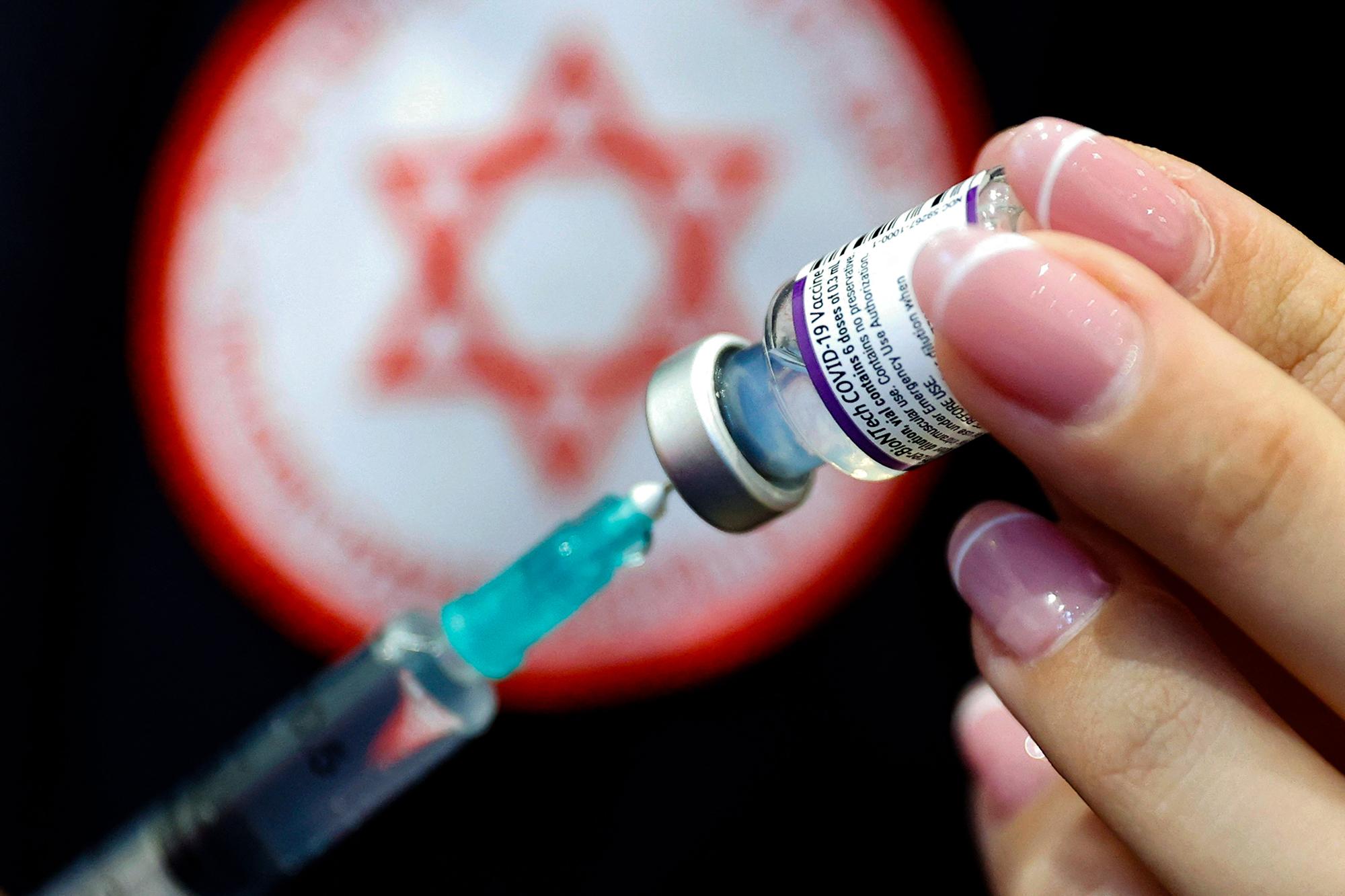
6. COVID Vaccine-Injured People Compensated
In April, the U.S. government compensated people injured by the COVID-19 vaccines for the first time.
Three people received compensation for their injuries through the Countermeasures Injury Compensation Program (CICP), run by an agency within the Department of Health and Human Services, officials said in a statement.
Two developed myocarditis, while one suffered from a severe allergic reaction. The total compensation added up to over $4,600.
Under the CICP, people who survive their vaccine-induced injury can receive money for unreimbursed medical expenses and lost employment income.
7. Doctors Can Prescribe Ivermectin: FDA Lawyer
Two years after health authorities criticized the use of ivermectin for treating COVID-19, with some doctors’ medical licenses suspended for prescribing it, a lawsuit revealed that doctors actually could prescribe ivermectin as a therapeutic for COVID.
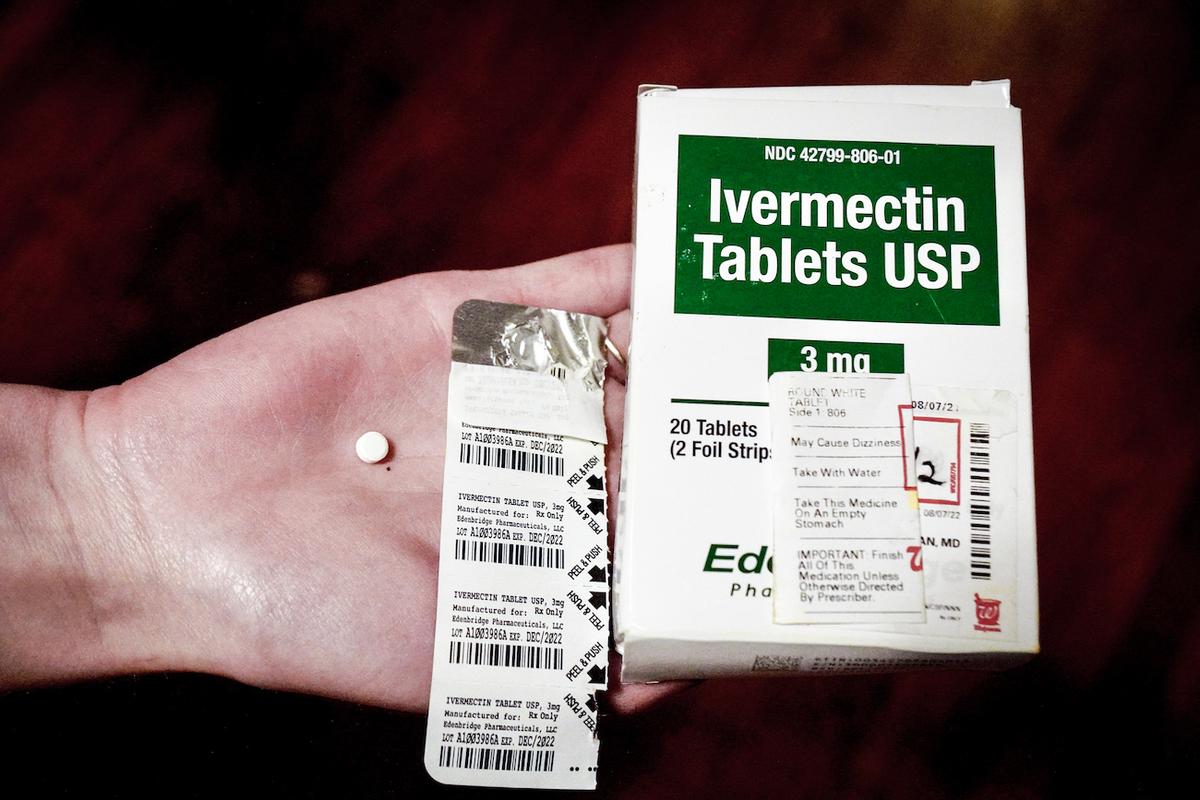
The court case against the FDA was brought by physicians who alleged the FDA’s social media posts in 2021 discouraging ivermectin use interfered with their ability to practice medicine. The plaintiffs are Drs. Paul Marik, Mary Bowden, and Robert Apter. They claimed they were professionally harmed by the FDA’s statements, including being terminated over efforts to prescribe ivermectin to patients.
8. Mask Mandates Return in August, New COVID Vaccines Approved
While no federal agencies have reinstated masking mandates, some workplaces, schools, and hospitals started bringing back mask mandates in August due to rising COVID-19 hospitalizations.
This prompted a renewed discussion on the effectiveness of masking, with some people pushing back against the mandates.
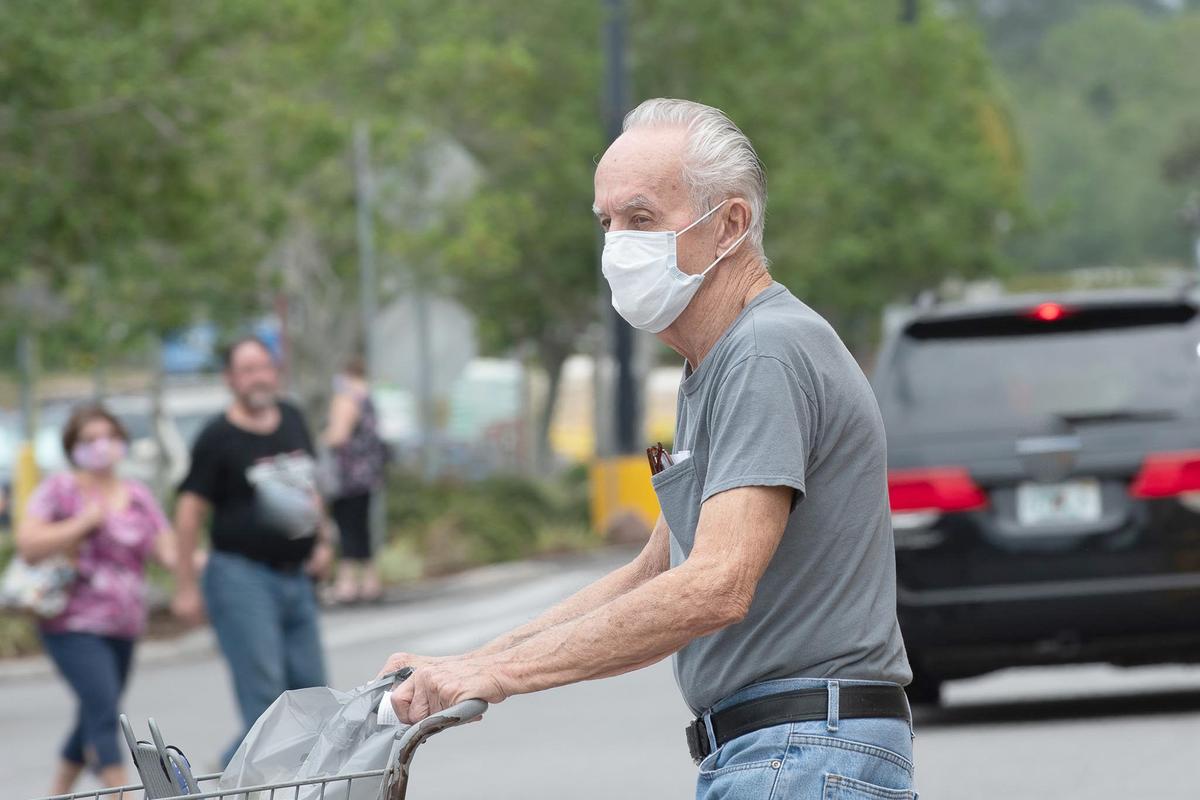
The risks of specified severe adverse reactions and reactogenicity were also low.
9. Final Batch of Pfizer Vaccine Documents Released by the FDA
Under FOIA, the FDA released the final 51,000 pages of the Pfizer COVID-19 vaccine document.
In 2021, a nonprofit group composed of medical practitioners and officers called Public Health and Medical Professionals for Transparency filed a lawsuit against the FDA due to this request. The judge ordered the FDA to produce 55,000 pages per month instead.
As of November 2023, all of the FDA’s documents in relation to Pfizer’s COVID-19 vaccines for ages 16 and up have been released.
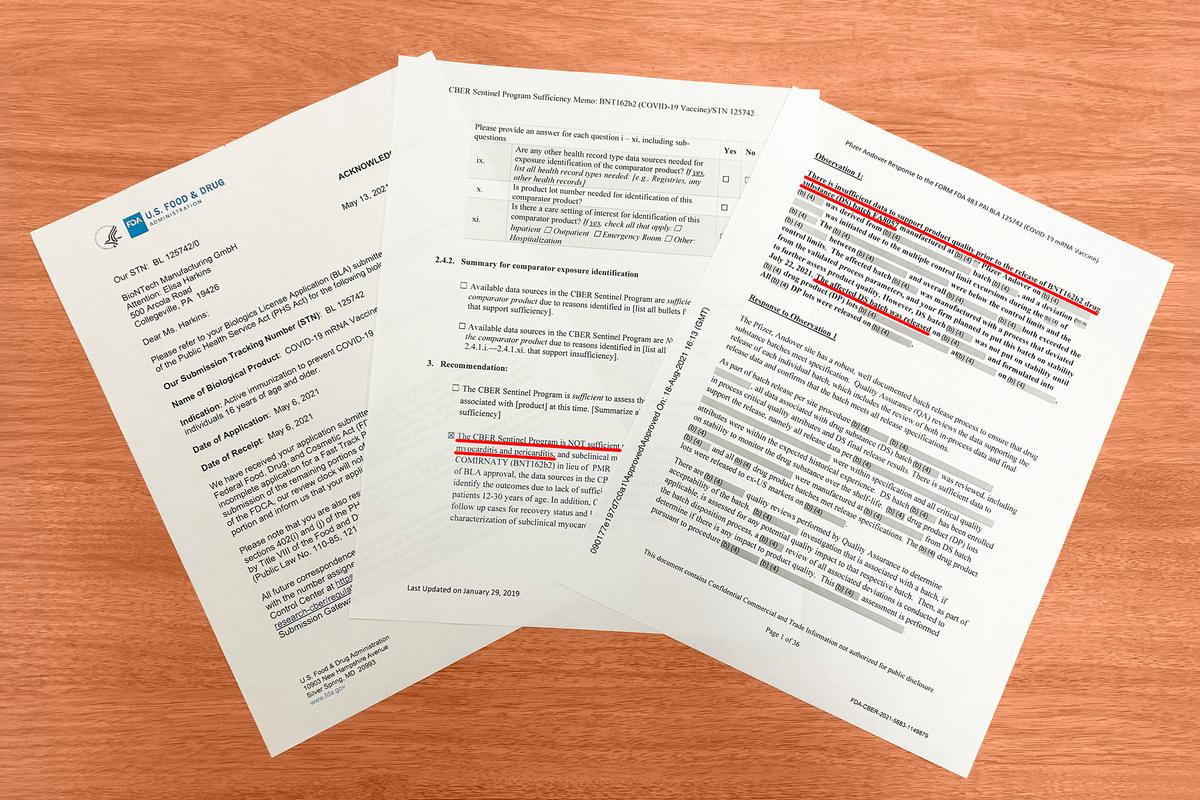
- The FDA’s Center for Biologics Evaluation and Research (CBER) Sentinel Program is insufficient to assess the serious risks of myocarditis, pericarditis, and subclinical myocarditis associated with the Pfizer vaccine. When the vaccine was approved, the program lacked sufficient power to assess the magnitude of risk. Also, it was insufficient for following up on cases of long-term symptoms and recovery.
- Emails from the FDA CBER Review Team in August 2021 reveal that the FDA was aware that the vaccines may have contained endotoxins. In the email, the FDA asked Pfizer questions about its process for measuring endotoxins in the vaccines. It is not revealed why the vaccines would contain endotoxins. However, E. coli bacteria—which Pfizer used to make DNA for its mRNA vaccines—produce endotoxins, so this is a possible explanation.
- Pfizer’s COVID vaccines may have several manufacturing problems. One of the documents seems to be Pfizer’s written response to multiple manufacturing problems identified by the FDA. Several batches of COVID-19 vaccines were flagged for deviating from product quality standards, yet the affected batches were released to the public in various lots, the numbers of which were redacted.
- The FDA’s memo on pharmacovigilance noted that “there are VAERS reports of deaths due to COVID-19 in patients reported to be fully vaccinated. It is expected there may be some cases of vaccination failure, especially in elderly or immunocompromised subjects.” The FDA added that the VAERS system cannot be used to conclude vaccine effectiveness.
- The FDA’s memo on the licensing application for Pfizer contains comments wherein FDA clinical reviewers stated that Pfizer’s data “exceed FDA’s expectations.” It also mentioned that the cardiac events reported during the trial were “unlikely to be related to vaccination,” even though cardiac events and/or heart failures were almost double the cases in the placebo arm (10 versus six).
10. Not Messenger RNA but Modified RNA, Vaccines Form Aberrant Proteins
While the COVID-19 mRNA vaccines on the market were advertised as messenger RNA, meaning naturally occurring RNA in the body, documents from Pfizer and studies on Moderna vaccines showed that the actual mRNA used is modified RNA, or modRNA.
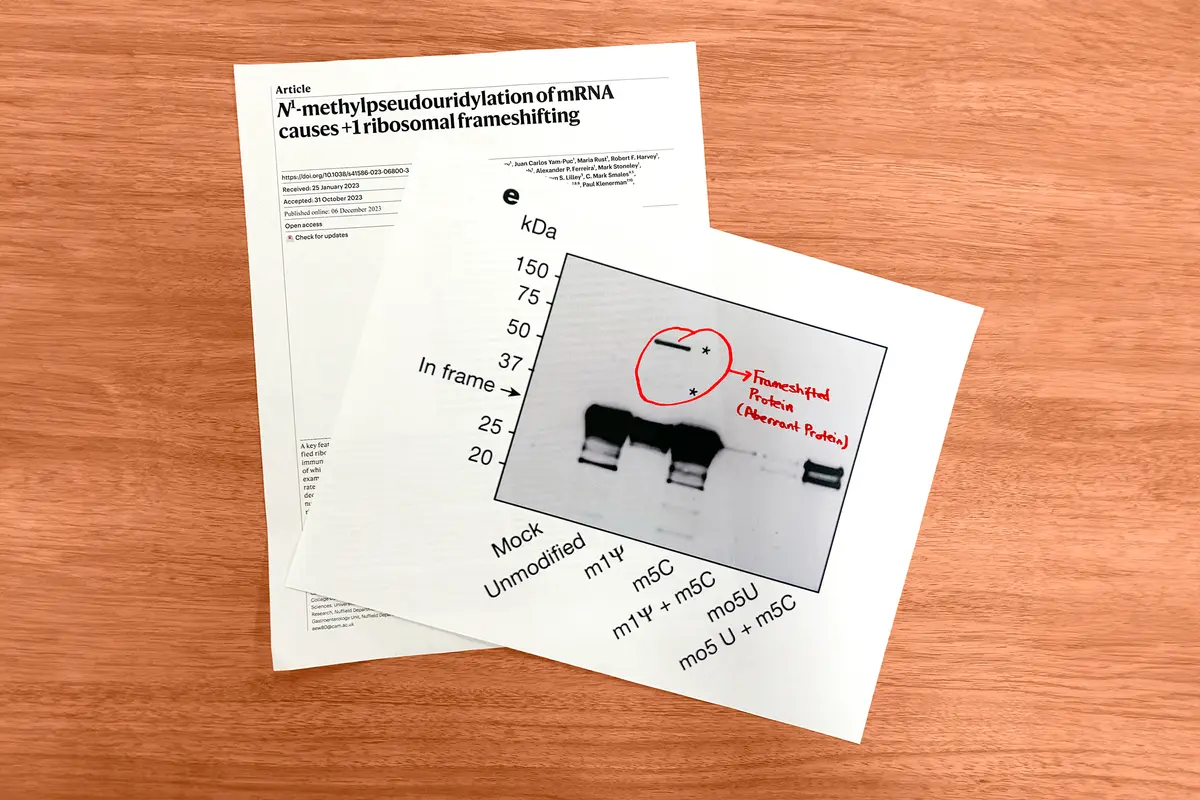
This unique, aberrant protein formation can cause unintended immune responses among Pfizer vaccinees. Study authors only tested the effects of the proteins in Pfizer vaccinees, though it should be noted that Moderna also used pseudouridine in its mRNA sequences.

